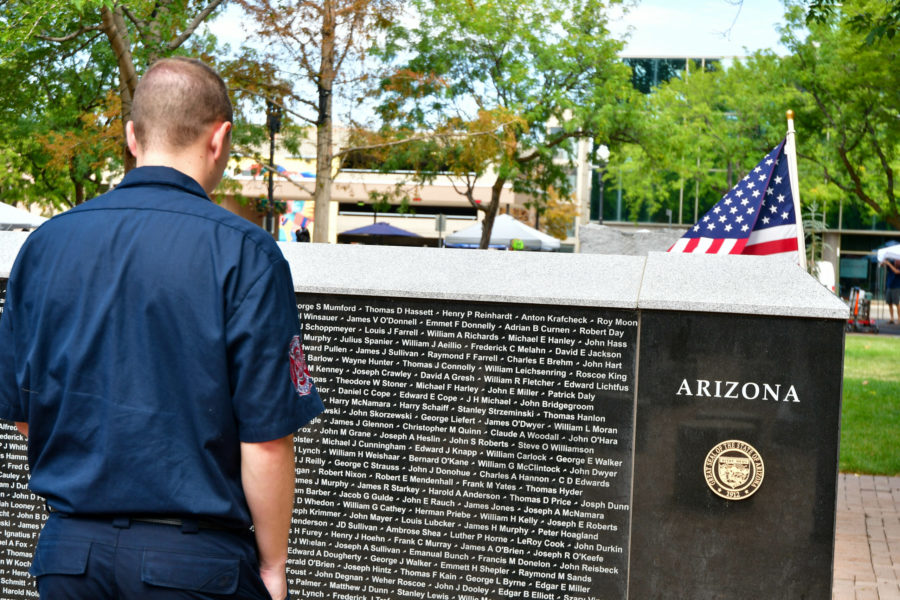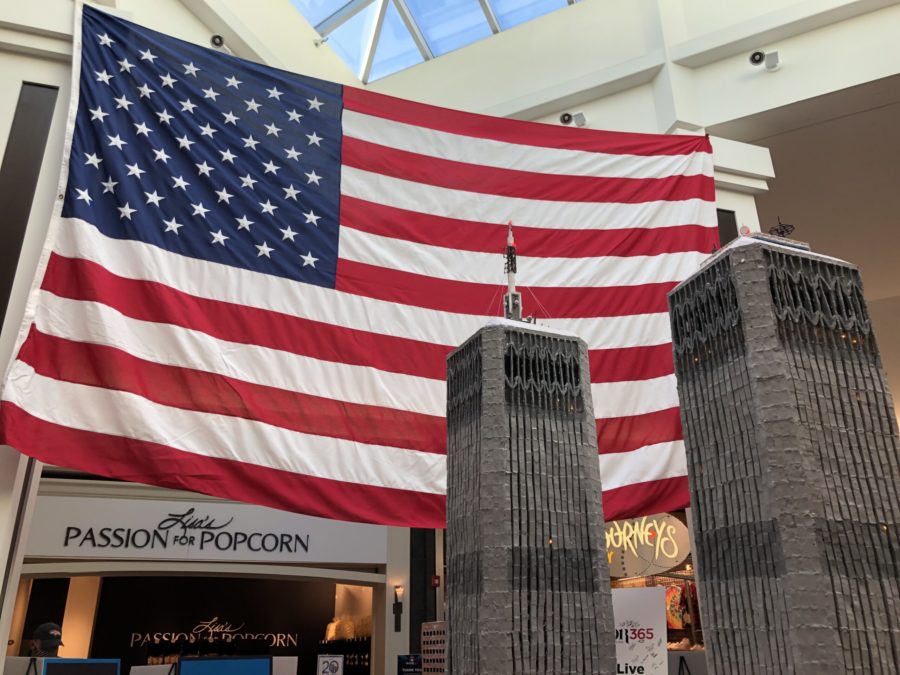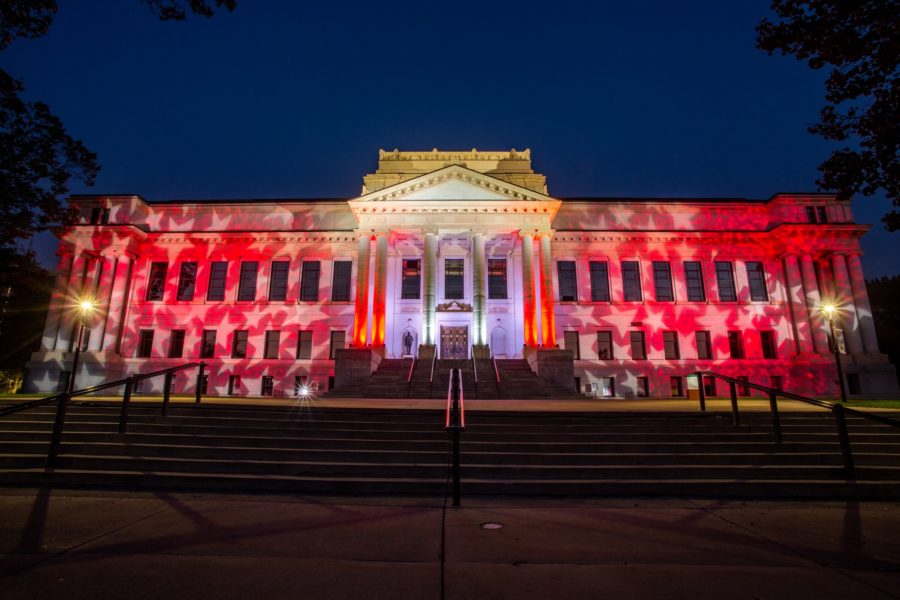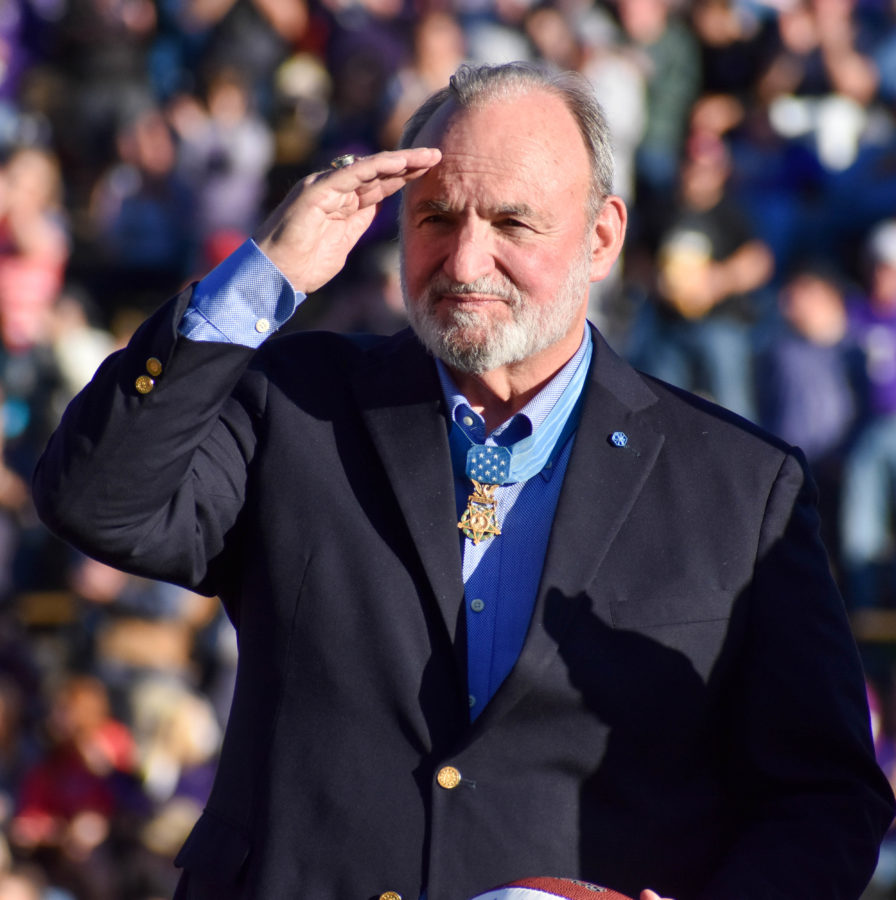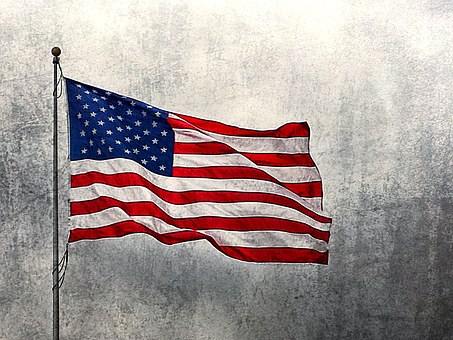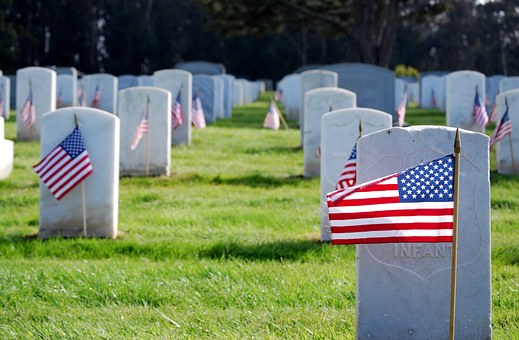
At an open forum on Friday, students gathered to discuss the struggles veterans face once they leave the military.
The American Democracy Project hosted the forum for students to share their experiences and understanding of situations that affect veterans.
Many veterans find it hard to adapt back into a civilian lifestyle once they’ve decided to leave or retire from the military. The reasons why this issue exist within the community of growing veterans can vary greatly.
Russell Long, a sophomore at Weber State, served in the Army and found the transition back to civilian life hard. He was a parachute packer in the military, but once he left the service, he fell into difficult times.
“I went through about six years of chronic homelessness after I left the Army,” Long said.
When asked why so many veterans have struggled with the transition from service members to civilians, Long didn’t have an exact answer. He believes that every situation is unique, but in his experience, many of the people he knew suffered from alcohol and substance abuse, just like him.
“I had this personal fear that I didn’t want to seek help because there was this pride and ethos that I had from being in the military,” Long said. “I didn’t want to seek help from anybody.”

Taylor Lee, a botany major at Weber State and former Marine, was also in attendance at the forum. He explained that there are services that the military offers prior to a service member’s departure from the service. The military prepares people to get a job in the civilian sector by doing mock interviews and giving as much information as possible about transferable jobs once a member gets out of the military.
“The stigma used to be, when former service members came home, they have trouble coping, but now the emphasis has changed. [Veterans] are good people. They show up on time and are hard working, so now employers are competing to pull veterans in,” Lee said.
Many students attending the forum found it difficult to understand why so many veterans were having difficulties transitioning from the military back to civilian life. Rhett Soelberg, ADP leadership board member, has no ties to the military, but wanted to know more ways to help.
“I just think that there is not a lot of information about it, and as civilians, we overlook it. We just expect them to get on with their life, but we don’t actually see what they go through.

I think it’s like two separate worlds,” Soelberg said.
Long agrees that it’s hard for civilians to understand what servicemen and women go through, but he does suggest a way for people to get involved. He believes that many people can go to homeless shelters and visit with the veterans there.








